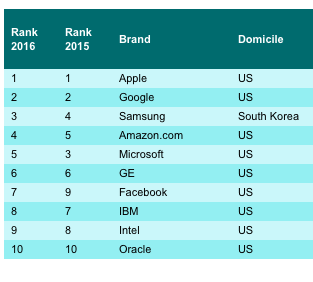The Beijing International School Expo (BISE) is the city’s largest gathering of international schools with the aim of helping families choose better education options. This year’s BISE will be held on February 18-19, 2017 from 10am-4pm at the Crowne Plaza Beijing Chaoyang U-Town. Importantly, the BISE is a completely free event to attend, however, we advise pre-registering to avoid unnecessary queues.
Over 60 Schools Represented
Parents will have the opportunity to personally meet representatives from over 60 schools, and have candid conversations with school officials that know best. The schools represented span a range of curricula, and include both Beijing-based and overseas K-12 institutions.
Lecture Series
The 2017 BISE is not only the perfect place to find the right school for your kids – it also serves as a rich learning environment for parents. Hear expert advice on a range of pertinent issues from invited guest speakers.
Starter’s Scholarship
This year’s BISE will also feature on-site competition, whereby 12 talented children will get cash for school as well as have their work published in our magazines. Our Starter’s Scholarships – awarded on the basis of a drawing competition (for younger kids) and an essay-writing competition (for older students) – is an opportunity to let your child shine.
Children’s Activity Area
The children’s activity area includes enough entertainment to keep the little ones occupied, so that parents can focus on talking with school representatives. The sections will be run by educational institutions but geared towards younger children under the age of 10.
Pre-Registration
To pre-register for the BISE, click here or scan the QR code below


